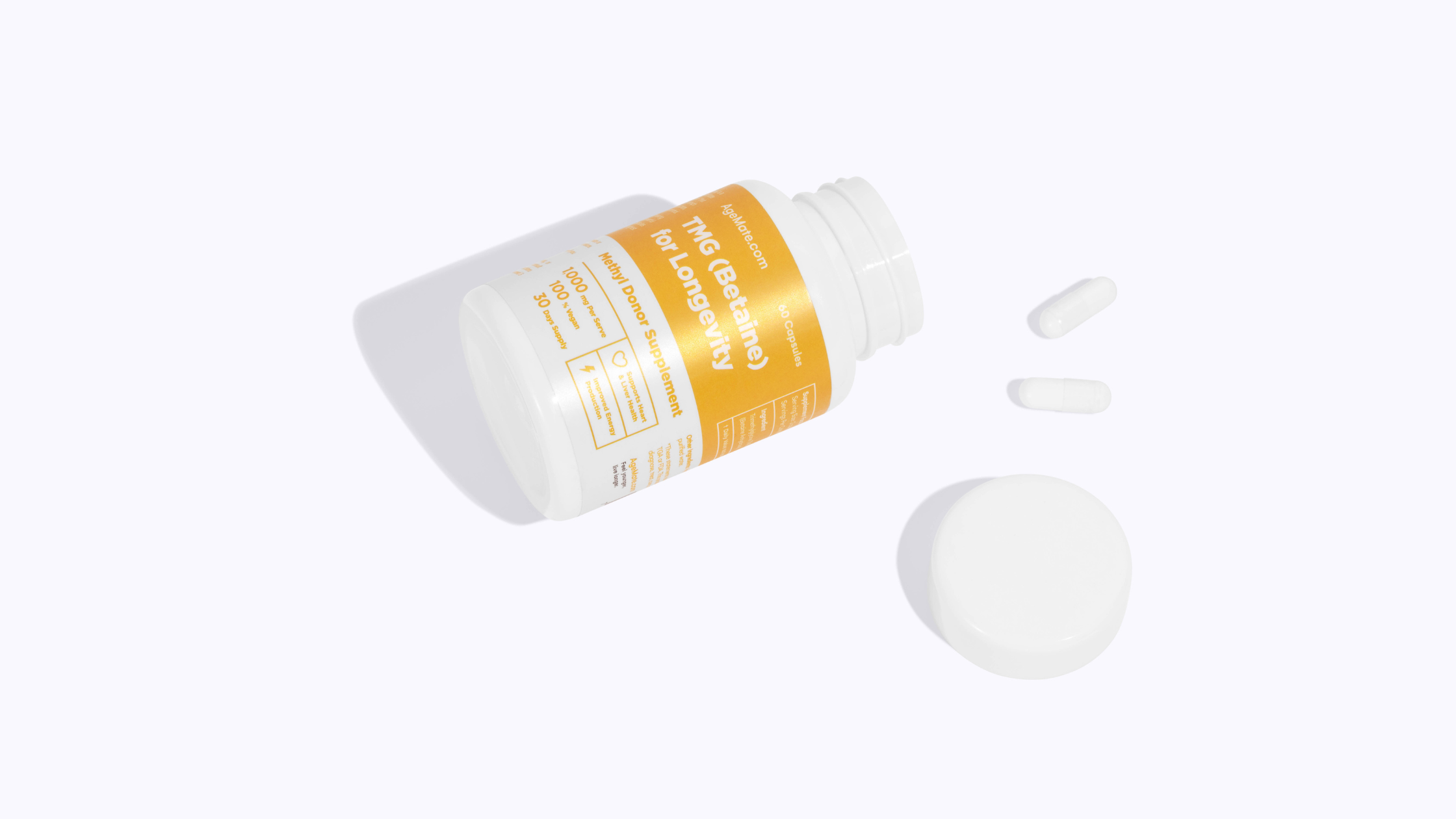Longevity supplements, including Nicotinamide Mononucleotide (NMN), have gained popularity in recent years. However, they haven't escaped criticism, with some studies suggesting they might increase cancer risk. This blog will explore why NMN does not increase cancer risk and can even be protective.
Debunking the NMN Cancer Myth
Misleading Headlines and Sensationalism
Concerns about NMN and cancer stem from a single paper claiming that Nicotinamide Riboside (NR), a precursor to NAD+, increases the prevalence and metastasis of Triple-negative Breast Cancer (TNBC) to the brain (R). It's essential to note that NR and NMN, although related, are different molecules with distinct mechanisms of cellular entry.
One of the study's authors, Carles Cantó, highlighted that sensational news headlines have misrepresented the findings, spreading misinformation about longevity supplements (R).
Understanding NMN's Role
NMN, a precursor to NAD+, is crucial for cell function, DNA repair, and stress response. Unlike NR, NMN does not directly enter cells but still boosts NAD+ levels, supporting overall cellular health (R).
Good for Normal Cells, Not Cancer Cells
It's essential to understand that substances beneficial for normal cells, like NMN, might also nourish cancer cells. For example, folate, a B vitamin, is necessary for DNA synthesis and cell health but can also promote cancer growth if cancer is already present. However, adequate folate intake reduces the risk of developing cancer initially (R). Similarly, NMN could theoretically support cancer cell growth, but this has not been conclusively proven.
Addressing the NMN and Cancer Growth Debate
Unnatural Study Conditions
Studies claiming NMN accelerates cancer growth often involve unnatural conditions. In one study, highly aggressive breast cancer cells were injected directly into the hearts of mice, leading to increased brain metastases. This scenario does not reflect typical human cancer development (R).
Conversely, another study found that NMN did not promote cancer growth in mice with existing cancer (R).
Nm23 Gene and Cancer Metastasis
The Nm23 gene, which is related to NMN, has been identified as a metastasis suppressor in several studies. Reduced expression of Nm23 is associated with high metastatic potential in various cancers, indicating its role in preventing cancer spread (R, R).
Additionally, Nm23 expression is associated with a good prognosis and a lower likelihood of lymph node metastasis (R).
NMN in Cancer Therapy
Enhancing Immunotherapy
Recent research indicates that NMN can enhance the effectiveness of cancer immunotherapy. Immunotherapy activates the immune system to target cancer cells. In a study, mice receiving NMN did not show increased tumour growth compared to control mice, suggesting NMN does not accelerate cancer growth (R).
Moreover, NMN boosts NAD+ levels, improving how tumours respond to the immune system. This dual advantage makes NMN a valuable addition to cancer treatment strategies (R).
Longevity Studies on NMN and Cancer
NMN and Overall Health
Decades of research support NMN's safety and benefits for longevity. In mice, NMN supplementation has shown numerous positive effects, including weight management, improved vision, better mitochondrial function, optimised insulin cycles, increased physical activity, and muscle mass restoration (R).
NMN and Cancer Risk Reduction
Reducing DNA Mutations
NMN helps reduce DNA mutations, a primary cause of cancer. Studies show that NMN supplementation decreases DNA damage in human cells and makes organs like the kidneys less susceptible to acute injury. NMN also enhances the functionality of Natural Killer (NK) cells, which are vital in fighting cancer cells (R, R, R)
Conclusion
Current scientific evidence does not support the claim that NMN causes cancer. On the contrary, NMN and related genes like Nm23 have shown potential anticancer properties, including reducing cancer cell proliferation and metastasis.
Therefore, the myth that NMN gives you cancer is not supported by available research. Exercise caution when interpreting studies and rely on comprehensive research to make informed decisions about your health.
Explore AgeMate’s NMN products, formulated to enhance longevity, energy, metabolism, and cognitive function, supporting overall health and well-being.





